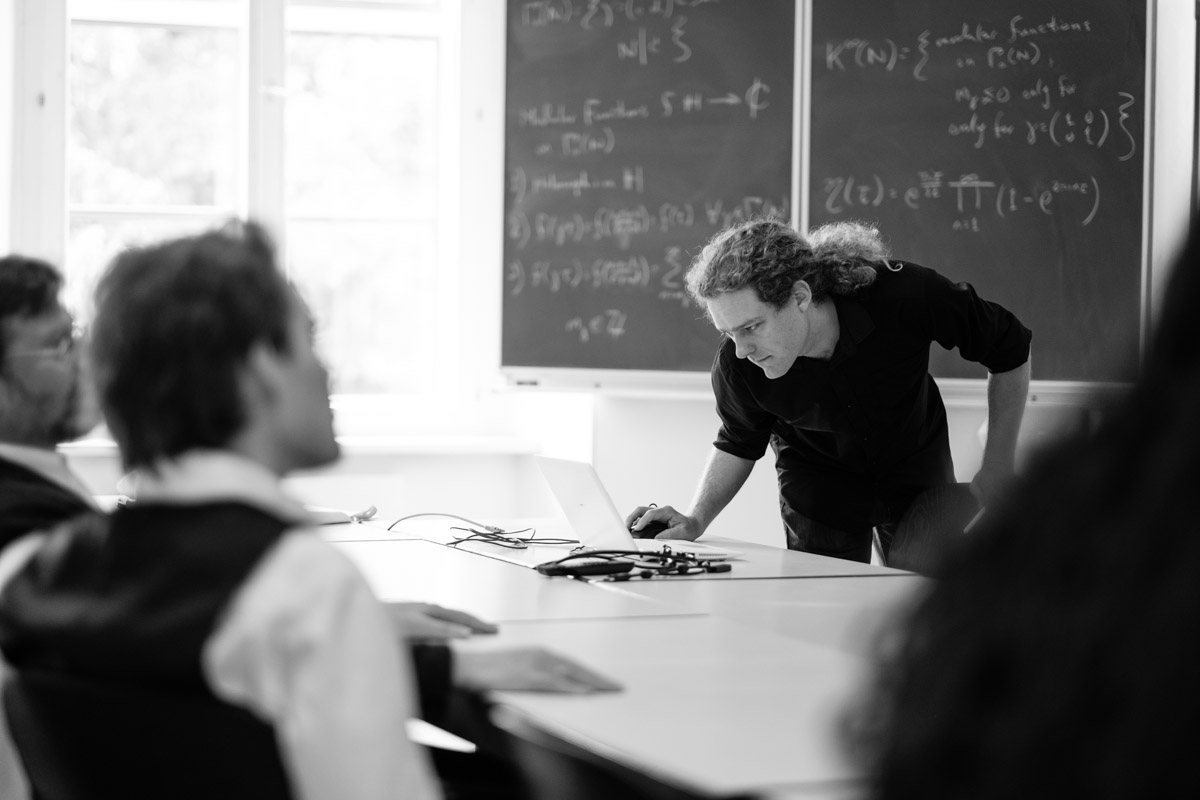Integral and rational representations of forms
Criteria are given for the integral representation of a binary quartic form by certain integral ternary quadratic forms and its rational representation by some discriminant forms. These conditions depend on integral or rational solutions of a Weierstrass equation associated to ...


